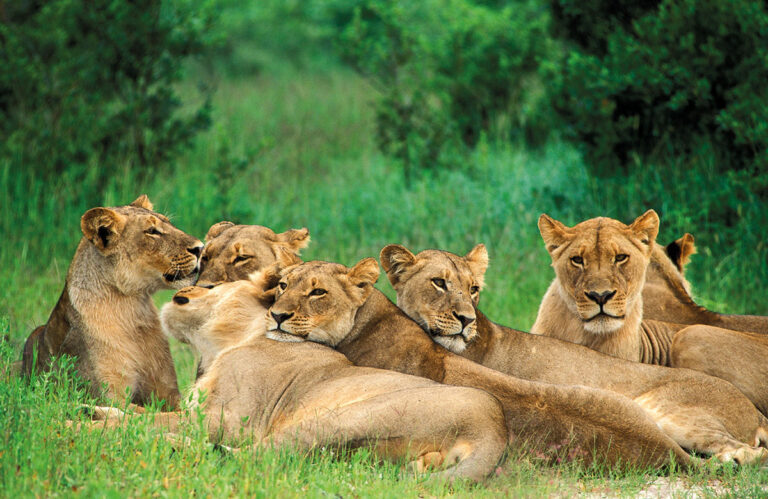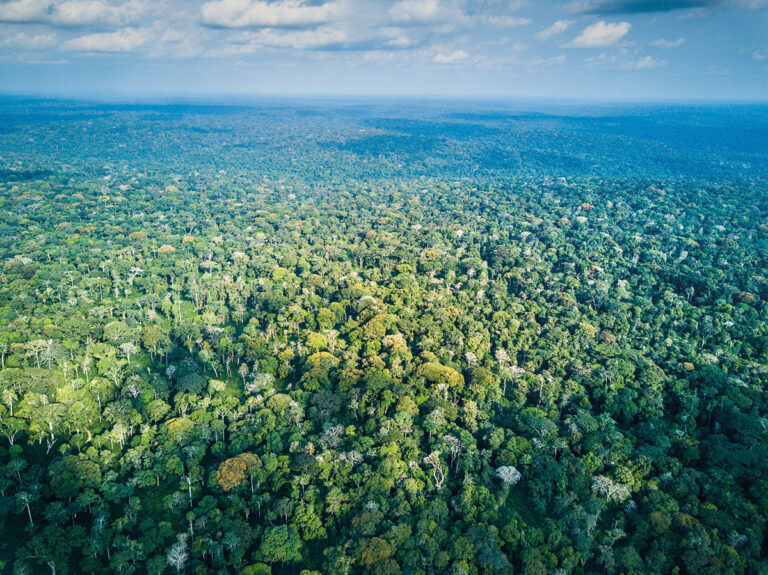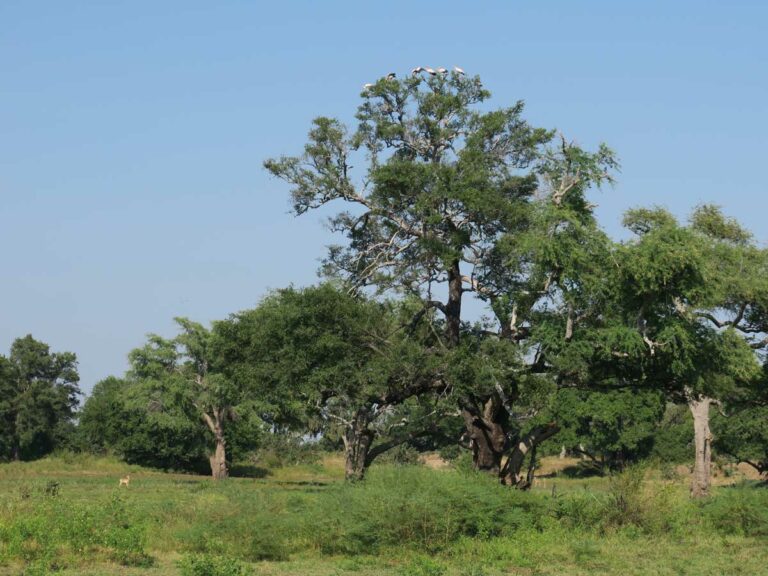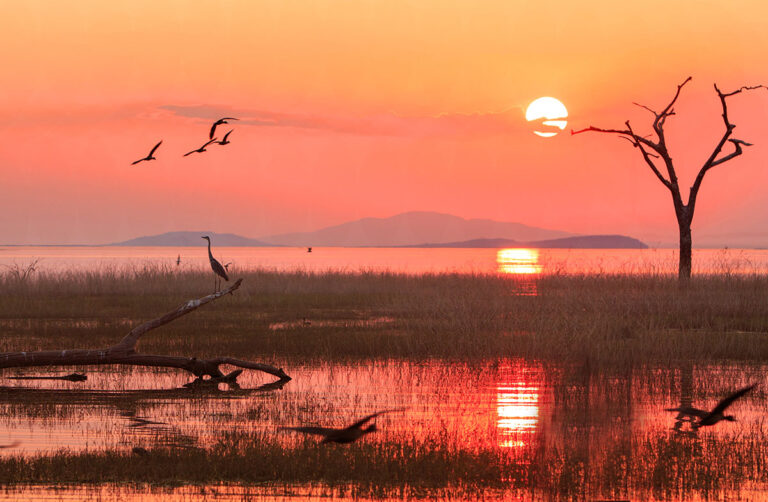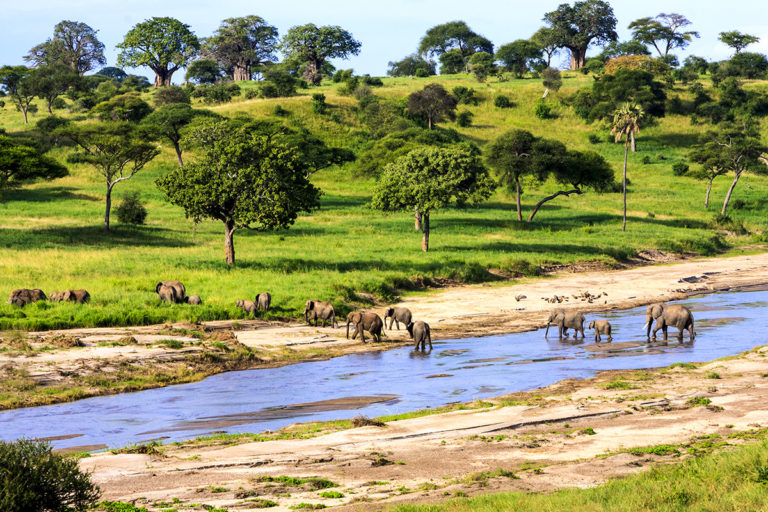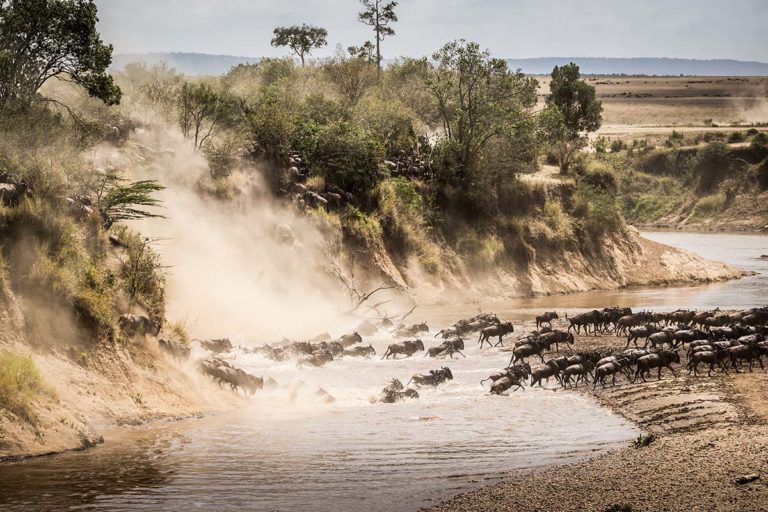The attraction of Africa
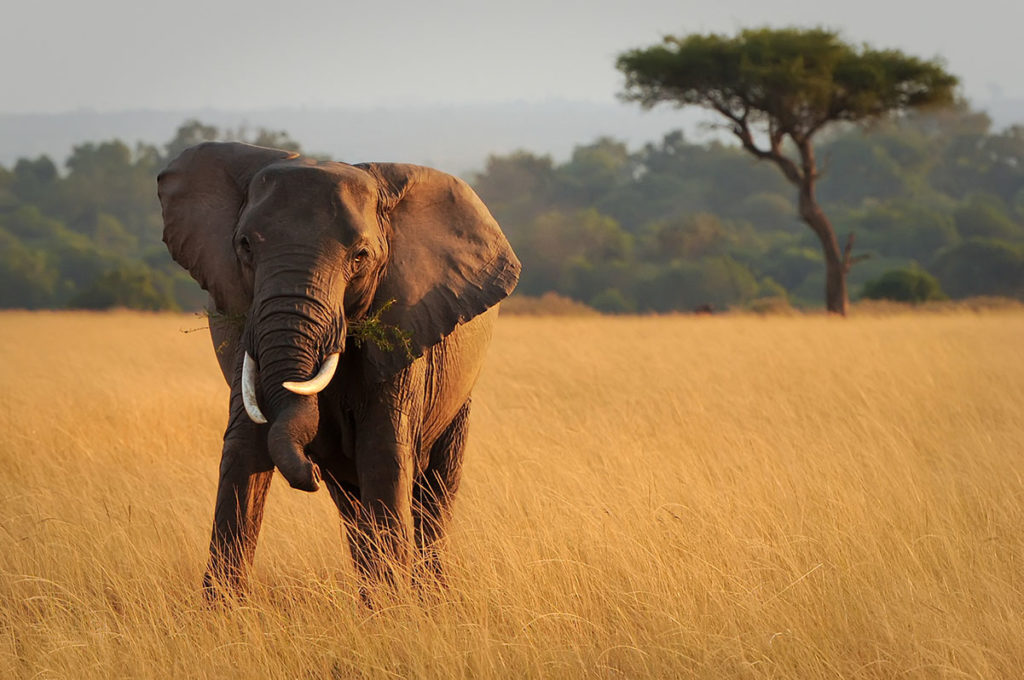
Since he first visited Africa in the ’70’s, Brian Jackman has returned more than 40 times, travelling extensively throughout the continent. Here he explains why he finds Africa so alluring.
Image copyright Amy Nichole Harris, Shutterstock
Nothing prepares you for the impact of Africa. Strange sights, new sounds, new smells; it is a total assault on the senses, like being a child again and seeing the world afresh.
My initiation took place in Kenya’s Masai Mara national reserve, at the end of the rains when the grass was as green as Ireland. Until then I had never seen an elephant in the wild, tusks gleaming, ears flapping; six tonnes of silence drifting like smoke between the thorn trees. Nor had I heard the rumble of lions greeting the dawn.
That was more than 20 years ago but the magic has never faded. The hills are still green, the views as wide as ever, filled with an unassailable beauty and animals beyond counting. Once, in the Serengeti, I watched the wildebeest trekking north across the short grass plains in unbroken columns that took three days and nights to pass.
In Africa, far from the 20th century, there is still space and distance in full measure. To live under canvas in the kingdom of the lion is to breathe the air of a vanishing freedom. To rise at first light, to emerge from your tent on a cold, bright morning and step out into a world of grass as boundless as the sea is an experience that has no equal.
How I miss it when I am at home in England: the sharp morning air, the way the light falls through the acacia canopies, the warm smell of the sun on the grass. I miss the cheerful sound of Swahili voices around the camp, the squeal of zebra stallions calling to their mares and the chanting of doves in the noonday heat.
On safari, life is as it should be, sweet and clean, stripped of all trivia and greed. Yet whenever you set out to touch the wild, you need never want for essential comforts; a soft bed, good food, a hot shower at sundown, and a cold beer in the campfire’s glow as the first hyena calls from the shadows.
There is so much of Africa that is appealing to the eye. Whether it is a jewelled chameleon on a twig or the snows of Kilimanjaro floating above the elephant herds of Amboseli, its power to make you gasp is never far away. But the smell of Africa also evokes a powerful nostalgia – dust and wood smoke, earth after rain, the pungency of wild sage crushed underfoot, the sweetness of frangipani beside the Indian Ocean – even the stable-yard whiff of elephants close by, which never fails to trigger a sudden rush of adrenaline.
And who can forget the sounds of the bush? The hacksaw cough of a prowling leopard, the thin, high voice of a Maasai herd boy keeping watch over his cows, and the whole gamut of bird calls – fish eagles, bush shrikes, sweet-throated robin chats and forest orioles, ground hornbills at sunrise and scops owls trilling under the stars – all of them singing a song of Africa.
In Africa you become a participant in an ancient story with no beginning and no end. Round and round it goes, from golden dawn to blood-red sunset, and in between, nothing but the wind in the grass, the roar of the lion, the purring of doves and the endless wanderings of the wild herds as they follow showers across this vast, dusty continent.
Brian Jackman is an award-winning travel writer. He worked on The Sunday Times for 20 years and has had work published in many top English newspapers. He is the author on four books on Africa: West with the Light, The Marsh Lions, Roaring at the Dawn and The Big Cat Diary.
This story was first published in Travel Africa edition one, September 1997, and it is just as relevant today, we believe.
Other recent articles
Rediscovering Zimbabwe
The green heart: trees of life
Where to look?
Zimbabwe highlights
Circuit breaks
25 Reasons to visit Kenya
Subscribe
Never miss an issue of Travel Africa
To ensure you get your regular Africa fix, subscribe to have each issue of Travel Africa delivered directly to you as soon as it is published (four times a year). Choose from print+digital or digital-only options, to suit your preferred reading style. Renewals and gift options are also available.
Join our Shamwari gnusletter
Sign up to receive additional content, news and travel tips by email. Your address will be used only for this purpose and you can unsubscribe at any time.
By using this form you agree that you have read our Privacy Policy

